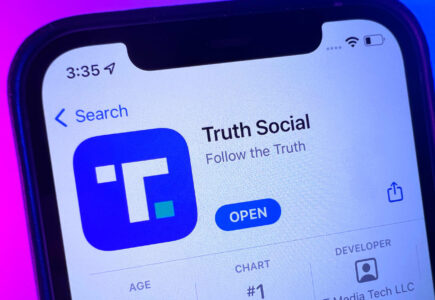Social Media as a Legal Evidence Goldmine
Social media offers a wealth of evidence in litigation. From public posts to photos and comments, platforms like Facebook, Instagram, and TikTok can reveal details about a person’s lifestyle, habits, assets, health, and even relationships. This makes social media a valuable resource in cases like workers’ compensation claims, product liability suits, and family law disputes. However, while the lure of easy access is strong, friending to obtain personal information is a no-go.
The Ethics of “Friending” for Evidence
Some legal teams may consider “friending” a party or witness to bypass formal channels like subpoenas or consent requests. But this approach carries serious ethical risks. Many states follow the Model Rules of Professional Conduct, specifically Rule 8.4(c), which prohibits lawyers from engaging in conduct involving “dishonesty, fraud, deceit, or misrepresentation.”
Two major bar opinions illustrate this tension:
-
Philadelphia Bar: An investigator cannot friend a hostile third-party witness without disclosing their purpose, as it constitutes deception.
-
New York City Bar: A lawyer or agent may send a friend request to an unrepresented individual as long as they use their real identity and profile—without deception.
Despite this debate, SMI Aware does not recommend or condone friending as an investigative tool.
Compliance-First Social Media Investigations
Attempting to sidestep ethical rules risks tainting the evidence and harming your case. That’s why SMI Aware combines proprietary e-discovery tools with expert human analysis. We gather and preserve social media evidence ethically, legally, and defensibly. Our accredited analysts export, preserve, and deliver curated reports ready for legal teams.
With over two-thirds of adults active on social media, relevant evidence is likely out there—if you know how to find it the right way.
Interested in learning more? Contact us today to explore how our services can strengthen your investigations.
Appendix: Model Rule of Professional Conduct, Rule 8.4
Rule 8.4 addresses maintaining the integrity of the legal professional. It defines several behaviors that are professional misconduct for a lawyer to participate in:
- (a) violate or attempt to violate the Rules of Professional Conduct, knowingly assist or induce another to do so, or do so through the acts of another
- (b) commit a criminal act that reflects adversely on the lawyer’s honesty, trustworthiness or fitness as a lawyer in other respects
- (c) engage in conduct involving dishonesty, fraud, deceit or misrepresentation
- (d) engage in conduct that is prejudicial to the administration of justice
- (e) state or imply an ability to influence improperly a government agency or official or to achieve results by means that violate the Rules of Professional Conduct or other law
- (f) knowingly assist a judge or judicial officer in conduct that is a violation of applicable rules of judicial conduct or other law
- (g) engage in conduct that the lawyer knows or reasonably should know is harassment or discrimination on the basis of race, sex, religion, national origin, ethnicity, disability, age, sexual orientation, gender identity, marital status, or socioeconomic status in conduct related to the practice of law. This paragraph does not limit the ability of a lawyer to accept, decline, or withdraw from a representation in accordance with Rule 1.16. This paragraph does not preclude legitimate advice or advocacy consistent with these Rules.
The portion of Rule 8.4 that applies to friending is subsection C. It is professional misconduct for any lawyer to engage in conduct involving dishonesty, fraud, deceit, or misrepresentation.




